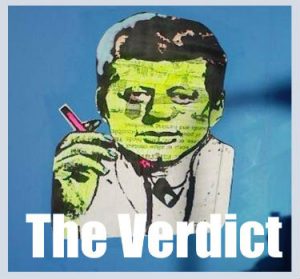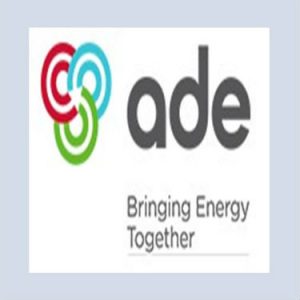
Hart Square: How do you choose the right partner and system while avoiding the pitfalls?
In a world of dating apps, where your life partner could be just a swipe away, it’s easy to forget that matchmaking has been an industry for a surprisingly long time.
Match.com, e harmony or any of the countless other dating sites may have long usurped their skills, but many cultures have employed matchmakers to smooth the path of true love since time immemorial. Genetics, personality tests, or even astrology might improve your chances of finding the perfect love match. In business, B2B matchmaking, investor matchmaking, business speed dating or brokerage events might perform the same function. But when it comes to CRM, choosing the right partner, and system, still has many potential pitfalls.
But how difficult can it really be? After all, there are loads of CRM platforms, no shortage of suppliers, and they all look attractive. So, just find a supplier that looks nice, says they can do the job within your budget, meet up, have a chat – maybe a drink – and sign on the dotted line! What could be simpler?
So, why were the association executives gathered for the recent Hart Square seminar on that very subject even there? Were they all in need of a matchmaker’s tender ministrations? It turns out that whether it was a new, inherited, or up-grade project, they had all been thrown a curve ball in the form of the instruction, “go and do some research!” And, as Hart Square director of client projects, Allen Reid, pointed out, while their primary mission might be to avoid getting shouted at, their second was to own the budget that they would eventually present to their Board when it inevitably over-runs. No stress there then!
Luckily for them Allen had Nick Rosewall of smartimpact, a case study from the Institute of Practitioners in Advertising (IPA), and a stack of data gleaned from Hart Square’s study, CRM Project: Why do they succeed or fail?, to fall back on. It turns out that, according to their research, forty percent of projects had only limited success or failed to meet expectations; sixty percent didn’t deliver their project on time; three quarters took between one and two years to implement their CRM system; and, many spent the thick end of £250,000 achieving their aims!
So there must be some key factors associated with a successful project. The first is a clear set of business requirements. Second is staff and stakeholder engagement. Finally, the use of external resources. And that’s where Hart Square comes into the picture as an independent advisor. One that can hold your hand on the journey, and knows nice people at a whole load of trusted providers like smartimpact.
Allan and his team will take you through the process of gathering your business requirements, understanding your strategy, putting you though a business process review, and only then, put you in front of potential partners and technology. They, in turn, must have the right cultural fit, the right project approach, and the size and capacity to cope with your particular project.
In the case of smartimpact that process should start as soon as possible, and Nick had some tips for project success. Starting with defining your clear objectives, allocating realistic resources, and defining roles and responsibilities. Next, and importantly, form a project delivery partnership, work closely with your supplier, and build knowledge through user acceptance testing (UAT); testing in the ‘real world’ by the intended audience. And, if your project involves web integration, involve your providers so they aren’t compromised by restrictions they might inherited restrictions imposed by the CRM.
Of course nobody can force you to take good advice. So if you’d prefer to find your CRM partner by swiping absent mindedly through the equivalent of a dating app., then go ahead. But the consequences – just as in marriage – could be an early and acrimonious divorce. And they’re expensive!
Michael Hoare
©2017 M J Hoare










